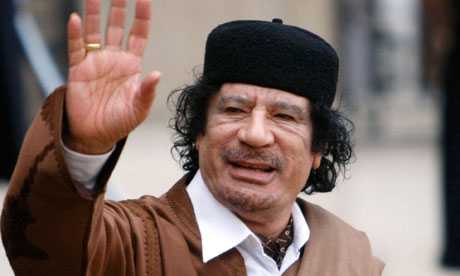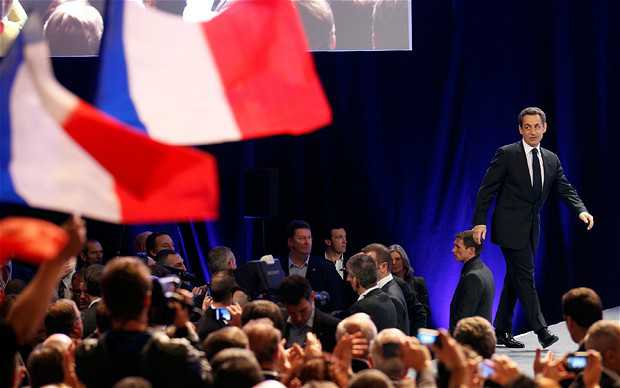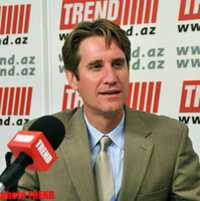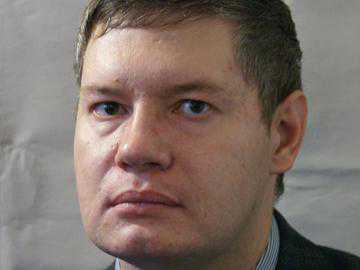By Alex Webb and Ercan Ersoy
Aeroports de Paris, operator of the French capital’s airports, agreed to buy a 38 percent stake in Turkish counterpart TAV Havalimanlari Holding AS (TAVHL) for $874 million, the French operator’s largest purchase abroad.
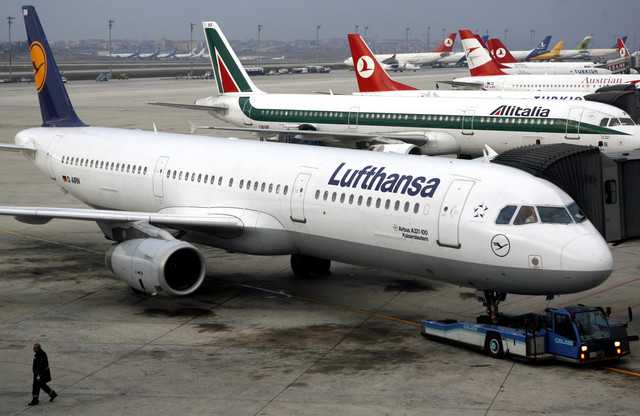
TAV runs Ataturk Airport in Istanbul, seen here, as well as terminals in Latvia, Macedonia and Saudi Arabia. Photographer: Adam Berry/Bloomberg
The agreement with TAV (TAVHL)’s three biggest shareholders also includes a separate acquisition of a 49 percent stake in a construction company, TAV Yatirim Holding AS, for $49 million, Paris-based ADP said today in a statement. ADP and TAV will run 37 airports serving 180 million passengers worldwide, it said.
Enlarge image Aeroports de Paris to Buy 38% Holding in Turkey’s TAV
TAV runs Ataturk Airport in Istanbul, seen here, as well as terminals in Latvia, Macedonia and Saudi Arabia. Photographer: Adam Berry/Bloomberg
ADP was competing with Vinci SA (DG), Europe’s biggest construction company, to buy the TAV stake from investors including Akfen Holding AS (AKFEN). TAV runs Ataturk Airport in Istanbul, Europe’s eighth-busiest, as well as terminals in Georgia, Tunisia, Latvia and Macedonia, and it has a contract to build and run an airport in Medina, Saudi Arabia. The purchase will help ADP’s earnings in 2013, the French company said.
“They already had some management contracts in some other foreign airports, but this is the first time that they’ve taken a stake this big in an airport this important,” said Laure Desbrosses, a Paris-based analyst at Oddo & Cie. “The price paid is not excessive, valuing TAV at about 15 percent more than its peers, so it’s a good move.”
Stocks Decline
ADP fell as much as 0.6 percent to 59.93 euros and was trading down 0.3 percent at 60.16 euros at 1:01 p.m. in Paris. The stock has gained 14 percent this year, valuing the company at 5.95 billion euros ($7.8 billion). TAV declined as much as 1.4 percent and was trading down 0.7 percent at 8.48 liras for a market value of 3.08 billion liras ($1.71 billion).
The other shareholders in TAV that are selling stakes are Tepe Holding AS’s Bilkent Holding and Sera Yapi Endustrisi & Ticaret AS.
“There will be a good return on our investment” by the time TAV’s operating concession for Ataturk Airport, the Turkish company’s biggest asset, expires in 2021, ADP Chief Executive Pierre Graff said in an interview after a news conference in Istanbul. The airport’s traffic rose 17 percent last year to 37.5 million passengers.
ADP may not have to make a mandatory tender offer to smaller shareholders in the Turkish airport operator because there’s no change in control of its board, though this is “something that the capital markets regulator will decide,” TAV CEO Sani Sener said at the news conference.
Investment Plan
The French airport operator said it’s paying about 11.30 liras a share for the stake. The purchase is part of ADP’s program of investing in international airports handling more than 10 million passengers a year with “strong” earnings growth potential in Organization for Economic Cooperation and Development markets or Brazil, Russia, India or China, it said.
“There is a strategy that has been put in place by TAV which consists of acquiring external airports, one at a time,” Graff said at the news conference. “We have a great deal of respect for what has been achieved at TAV and don’t intend to change this strategy,” and the partners will take the lead in acquisitions in their respective stronger markets.
ADP owns 8 percent of Amsterdam’s Schiphol airport and held a stake in Beijing Capital International Airport Company Ltd. before selling that holding in 2007.
The acquisition is subject to the approval of Turkish antitrust regulators, Sener said. ADP will pay for the stake in cash at the closing, he said.
TAV’s selling shareholders hired Credit Suisse Group AG (CSGN) as its financial adviser, while Pekin & Bayar Law Firm (818987L) and Ertekin Law Office served as counsel. Aeroports de Paris (ADP) hired JPMorgan Chase & Co. (JPM) as its adviser, and Hogan Lovells (1131L) and Pekin & Pekin as counsel.
To contact the reporters on this story: Alex Webb in Frankfurt at awebb25@bloomberg.net; Ercan Ersoy in Istanbul at eersoy@bloomberg.net
To contact the editors responsible for this story: Chad Thomas at cthomas16@bloomberg.net; Benedikt Kammel at bkammel@bloomberg.net
via Aeroports de Paris to Buy 38% of Turkey Airport Operator TAV – Bloomberg.
